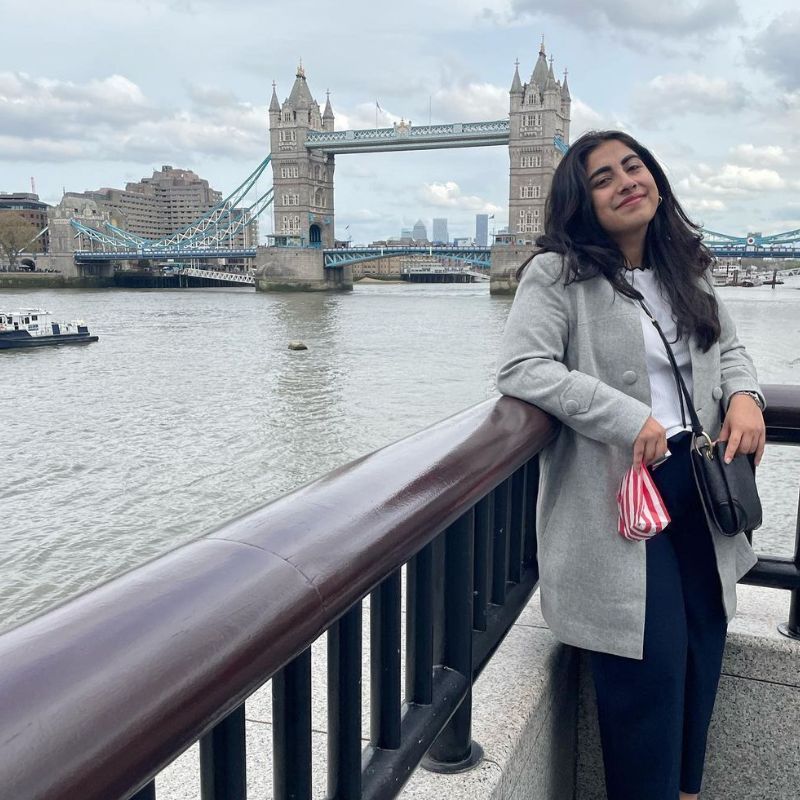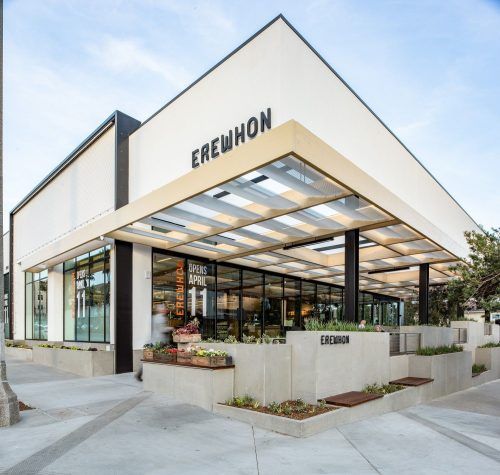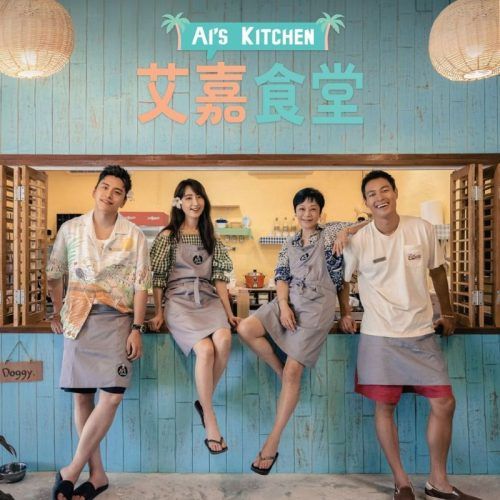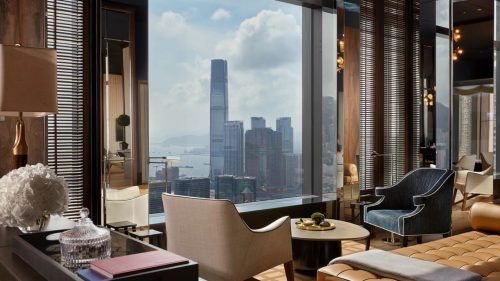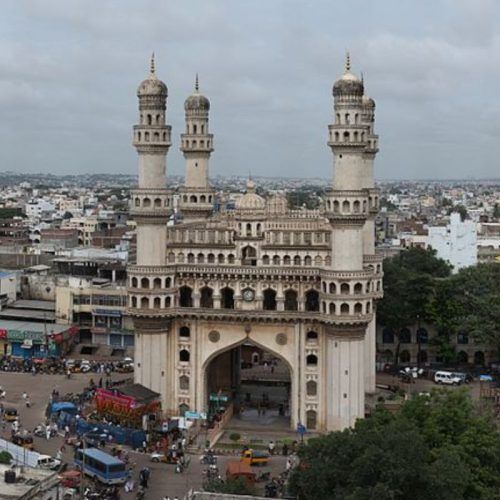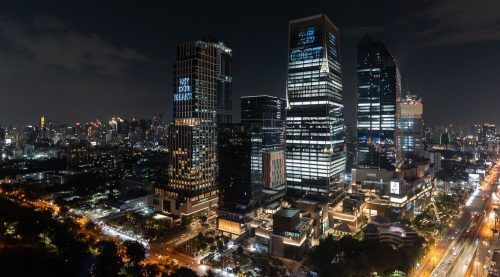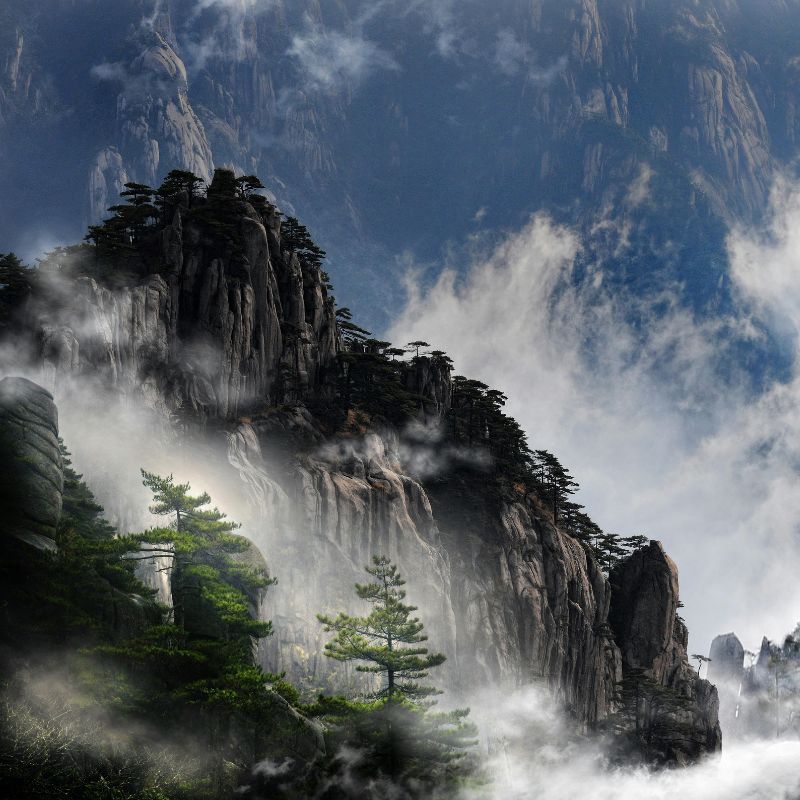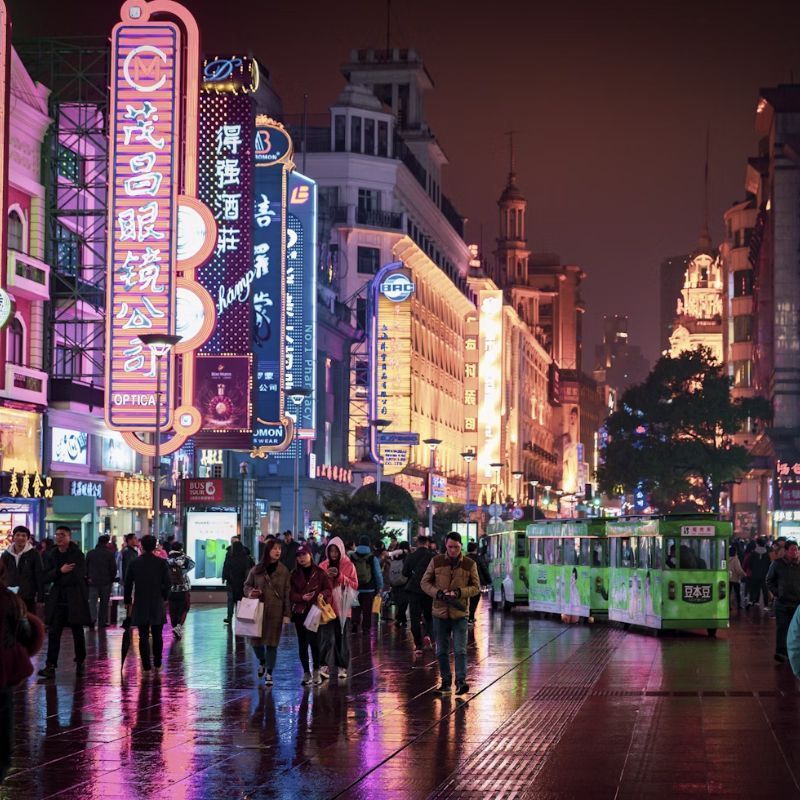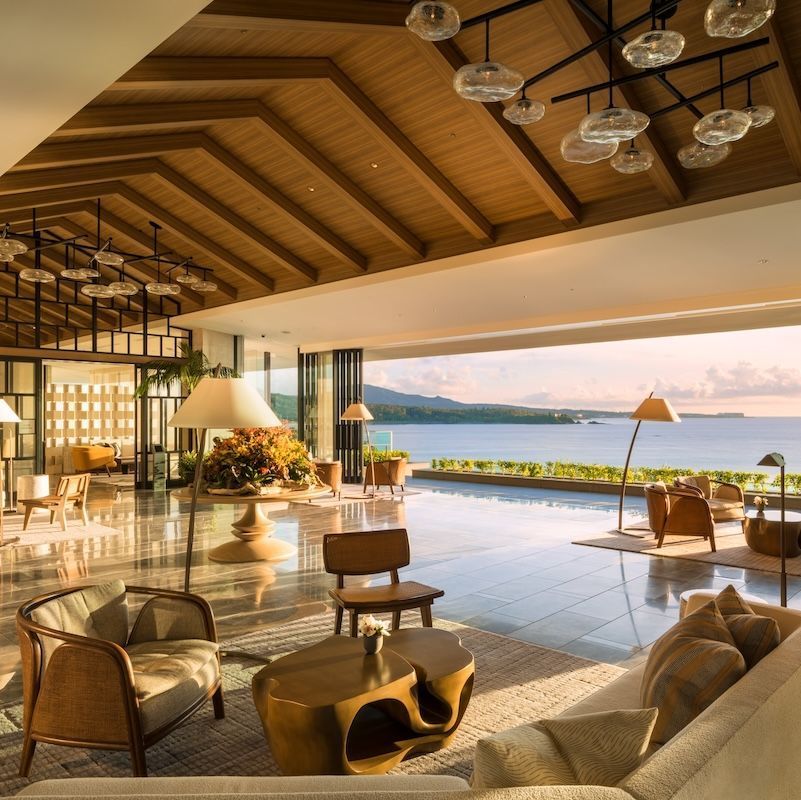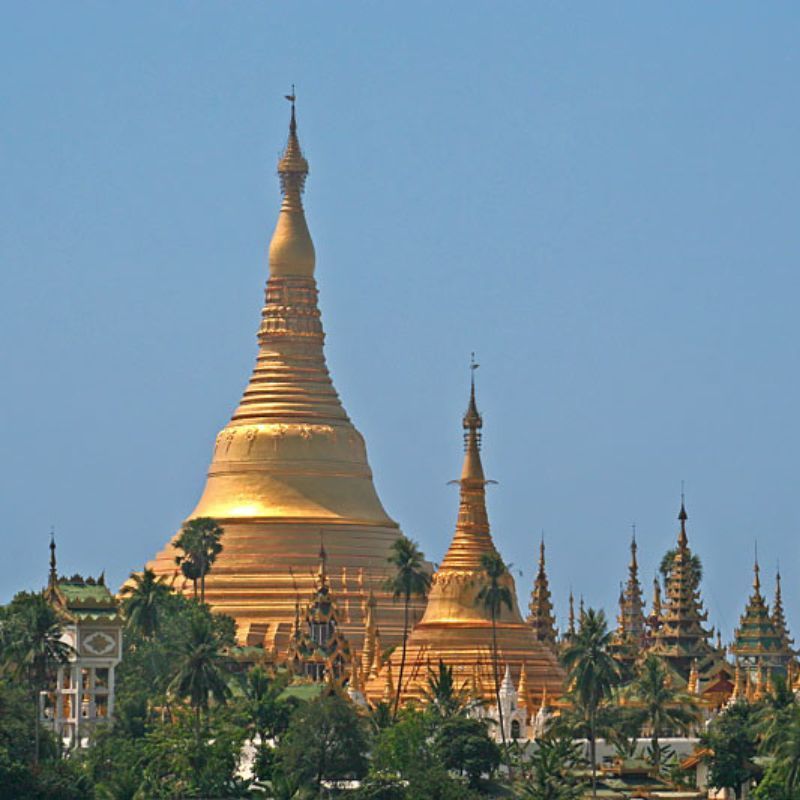BTS’s J-Hope is set to return to the music world on October 17, 2024, as his military service ends. Fans of the boy band are looking forward to his return to the stage, where he’ll undoubtedly enthral audiences with his signature charisma and talent. While you wait for his comeback, delve into the world of your favourite BTS member, J-Hope, by exploring his hometown, Gwangju, and the top things to do here. Before we dig deep into the charms of Gwangju, it is essential to know your favourite star and uncover the cultural experiences in this South Korean city that shaped this talented artist.
Beyond J-Hope, we’ve also curated guides to the hometowns of other BTS members. Fall in love with the beauty of Gwacheon, the birthplace of BTS’s Jin.
Who is BTS’ J-Hope?
View this post on Instagram
Jung Ho-seok, better known by his stage name J-Hope, is a K-pop singer, songwriter, dancer, rapper, and record producer. While he has achieved immense success as a member of the global sensation BTS, his talents extend far beyond the group. J-Hope made history in 2009 when his single ‘Chicken Noodle Soup’ featuring Becky G became the first BTS member song to enter the Billboard Hot 100. He further solidified his solo career with the release of his album ‘Jack in the Box’ and the accompanying documentary Hope In The Street.
Born and raised in Gwangju, South Korea, he attended the Gwangju Music Academy. Explore J-Hope’s hometown, discover the places that shaped his journey to stardom, and plan your itinerary with these exciting things to do in Gwangju.
Things to do in Gwangju, the hometown of BTS’ J-Hope
Located at the base of Mount Mudeung, Gwangju is a beautiful city in South Korea surrounded by mountains, valleys, and streams! Rooted in Korean history and culture, Gwangju helped shape South Korea’s pro-democracy movement as the birthplace of the Gwangju Uprising. Gwangju Airport is the gateway to the city.
Attend the Gwangju Biennale
View this post on Instagram
Founded in 1994, the Gwangju Biennale is the city’s art festival that has made massive contributions to the development of South Korea’s art scene. The 15th edition of the Gwangju Biennale will be held from September 9 to December 1, 2024, with diverse exhibitions featuring works by over 72 artists from 30 countries.
Know more through the official website.
Explore the Namhansanseong Fortress
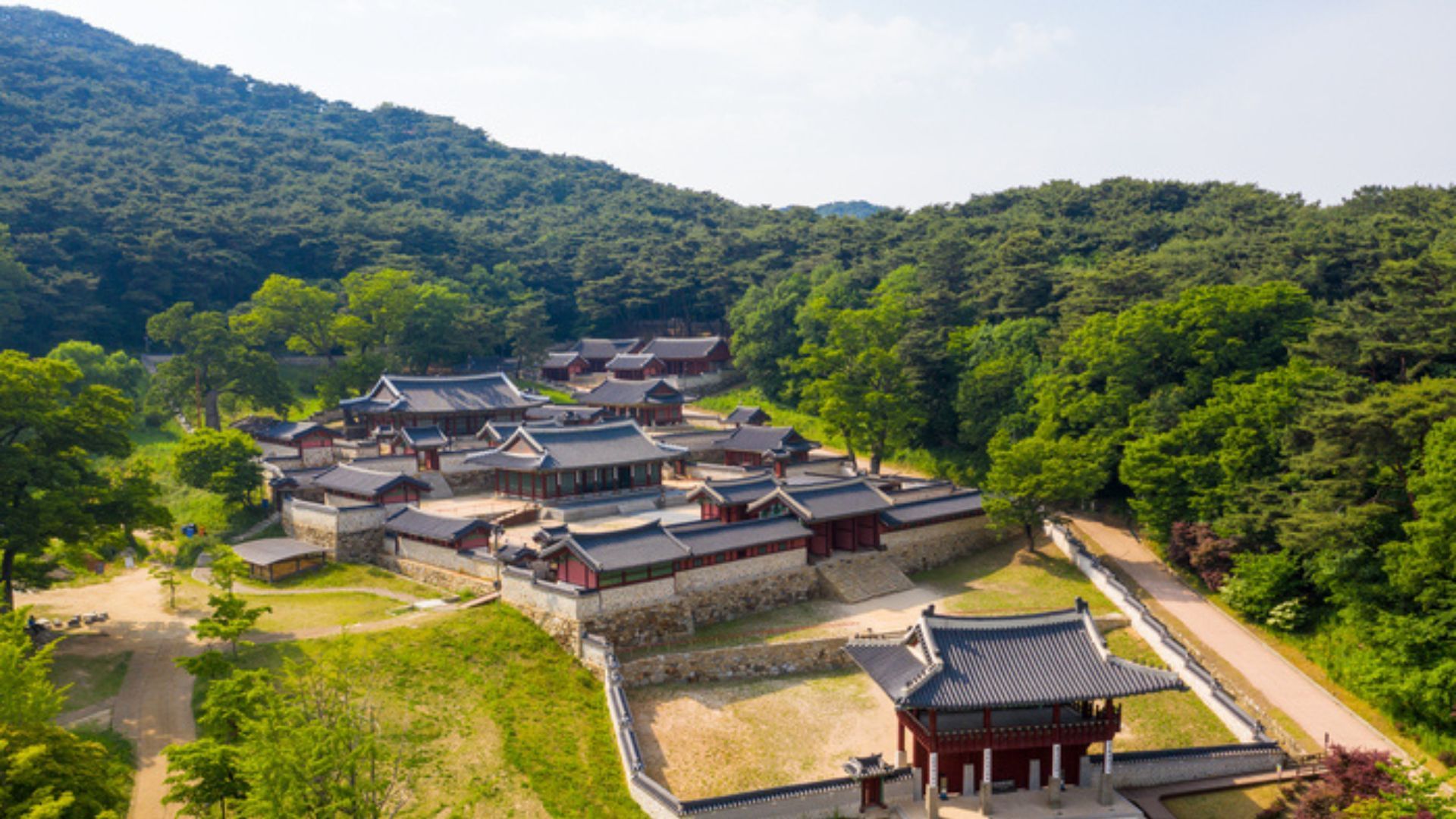
This UNESCO World Heritage site rests atop the Namhansan mountain, playing strategic roles for the Three Kingdoms: Goguryeo, Baekje, and Silla. The fortress served as the emergency capital during the Joseon, and the ancient ruins share stories of the life and people that inhabited it.
Address: 731 Namhansanseong-ro, Namhansanseong-myeon, Gwangju-si, Gyeonggi-do, South Korea.
Hike the Mudeungsan National Park
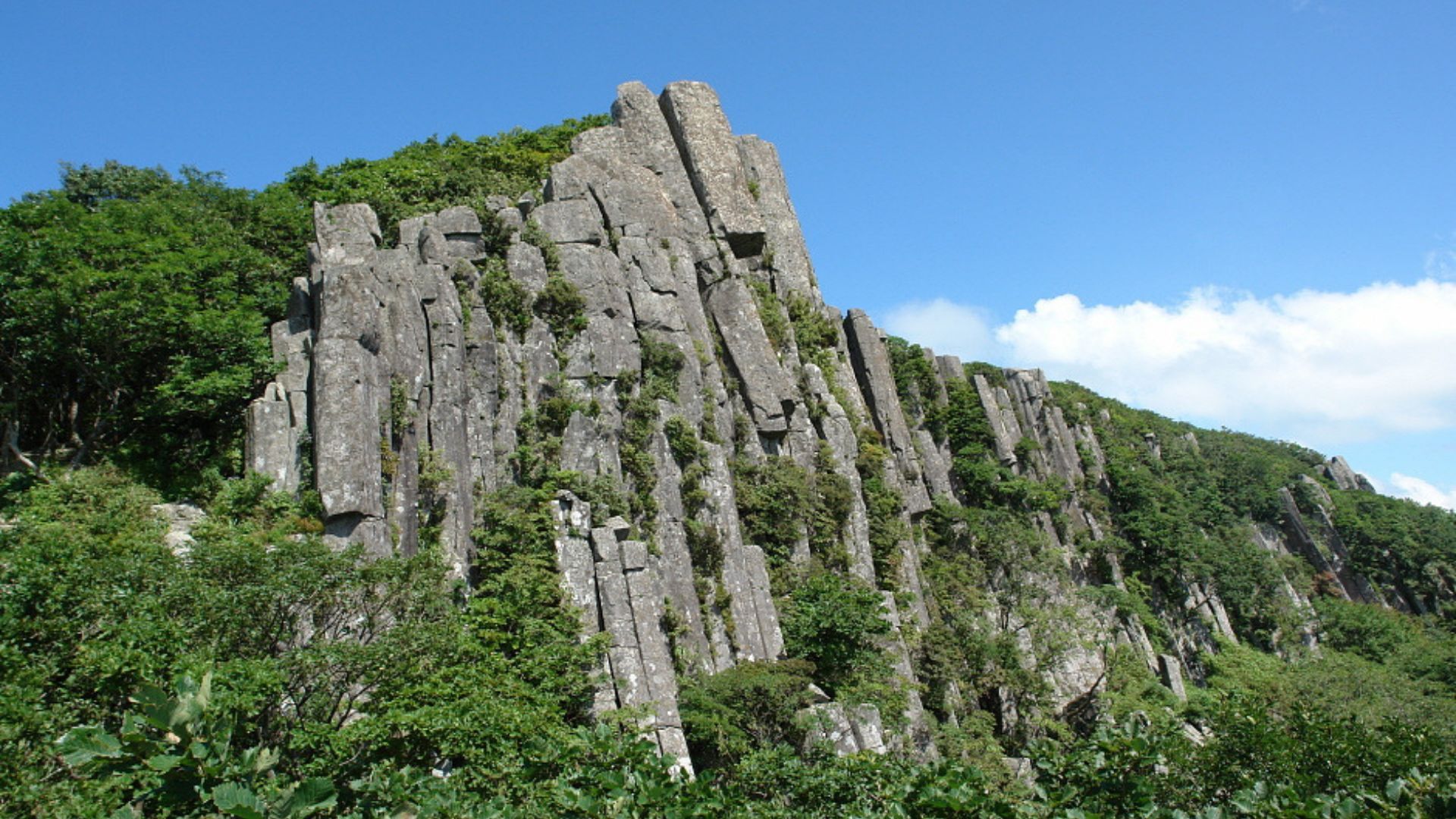
Get lost in Gwangju’s nature at the Mudeungsan National Park and challenge yourself to master the three rock peaks, also called Jeongsang Three — Cheonwangbong, Jiwangbong, and Inwangbong. The picturesque hiking trails along the park are rife with the possibility of spotting wild animals like euphorbias, otters and flying squirrels.
Peruse our guide on the most incredible hiking trails around the world.
Address: 29 Dongsan-gil, Dong-gu, Kwangju, South Korea
Learn at the Gwangju History & Folk Museum
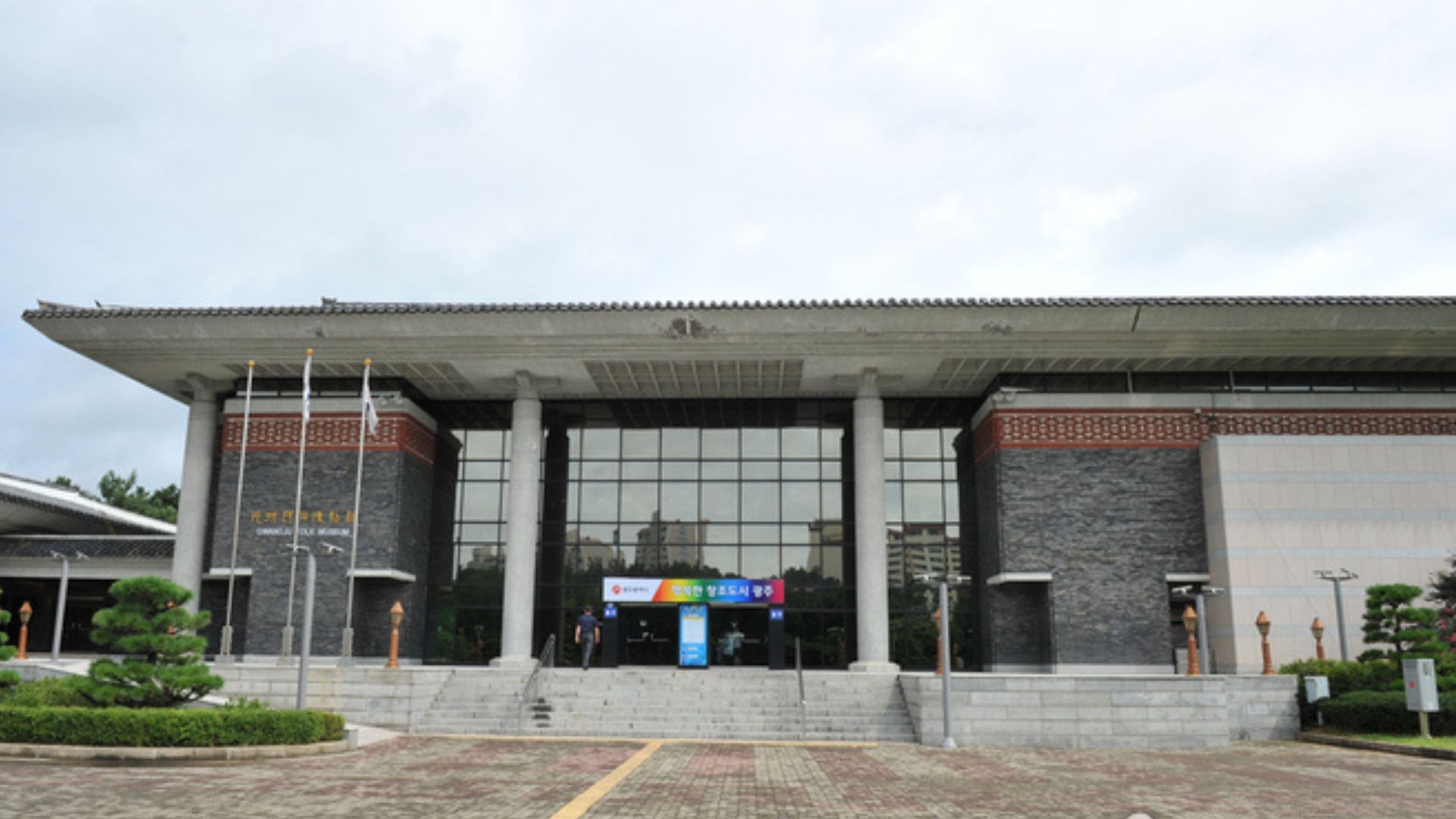
Dive deep into Gwangju’s history through ancient relics and artefacts preserved at this museum. Gwangju History & Folk Museum opened in 1987, showcasing valuable Korean folk cultural symbols of the southwestern regions, including Gwangju and Jeollanam-do to increase public awareness.
Address: 48-25 Seoha-ro, Buk-gu, Gwangju, South Korea.
Timings: 9 am to 6 pm.
Book your stay at Ramada Plaza Gwangju via Booking.com
Book your stay at Ramada Plaza Gwangju via Agoda
Visit the May 18th National Cemetery
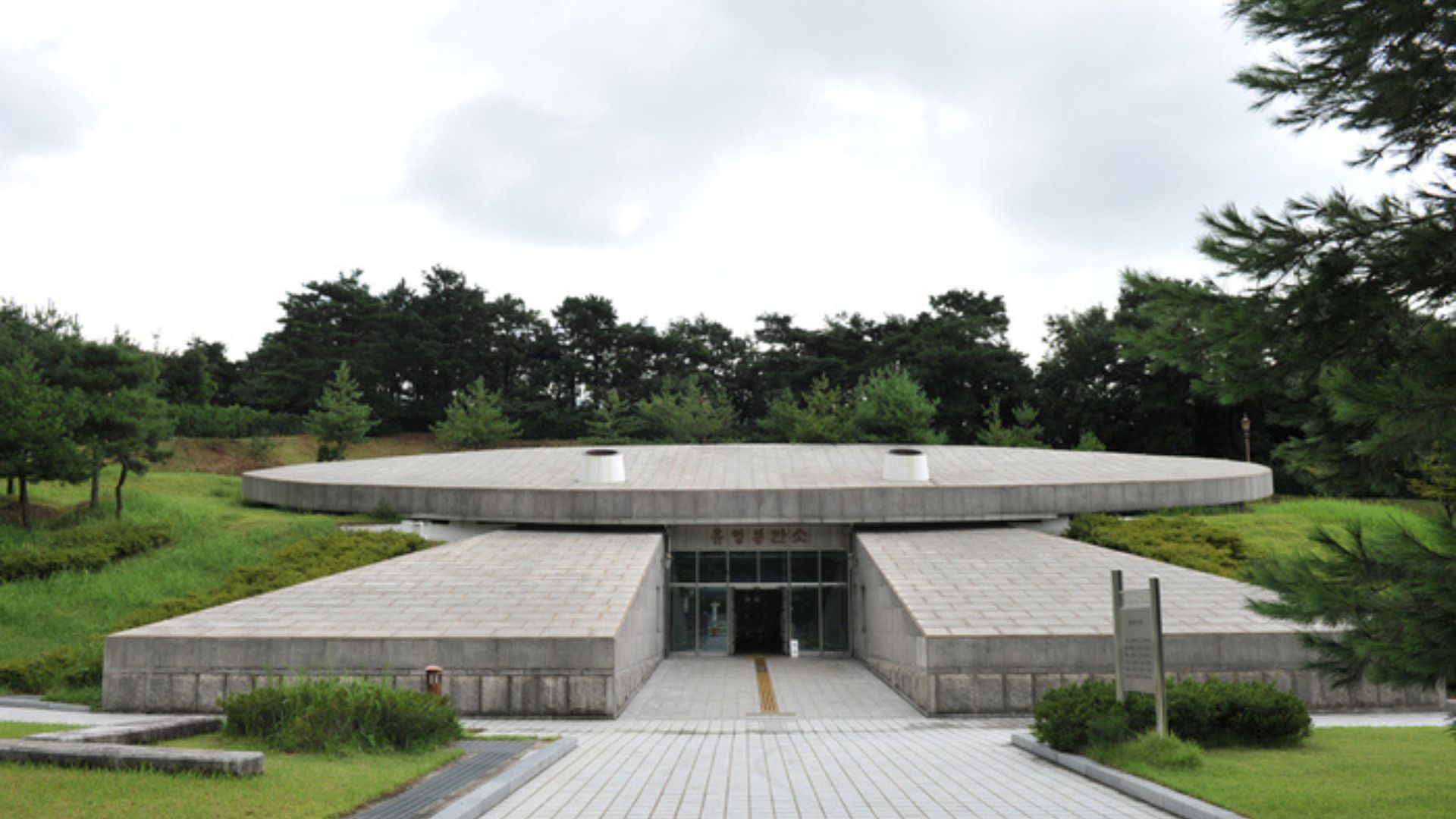
The May 18 Memorial Cemetery commemorates the Gwangju Uprising, a pivotal event in South Korea’s struggle for democracy. The graves of 764 victims serve as poignant reminders of the sacrifices made by those who fought for freedom and justice. Discover the historical significance of this memorial and pay tribute to the individuals who played a crucial role in shaping modern South Korea.
Address: 200 Minju-ro, Buk-gu, Gwangju, South Korea.
Timings: 9 am to 6 pm.
Marvel at the statues of the Gyeonggi Porcelain Museum
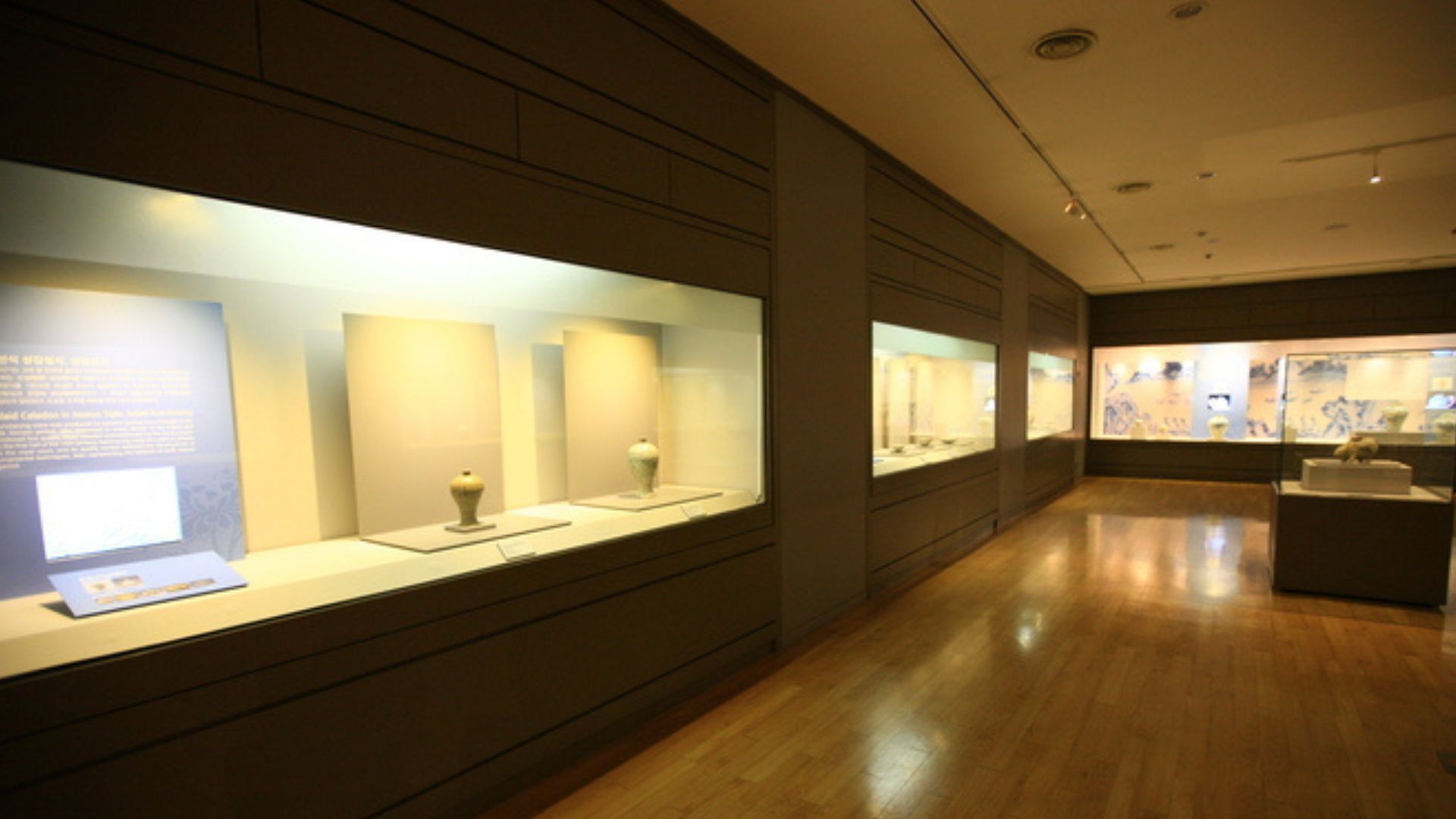
Discover the beauty of traditional Korean Ceramics through the Gyeonggi Porcelain Museum. The exhibitions showcase the porcelain work of the Joseon Dynasty’s 500 years of history, specifically the Joseon white porcelain or baekja. Modern artists’ renditions of traditional Korean ceramics are also displayed at this museum.
Address: 727 Gyeongchung-daero, Gonjiam-eup, Gwangju-si, Gyeonggi-do, South Korea
Timings: 10 am to 6 pm.
Enjoy panoramic city views from the Sajik Park Observatory
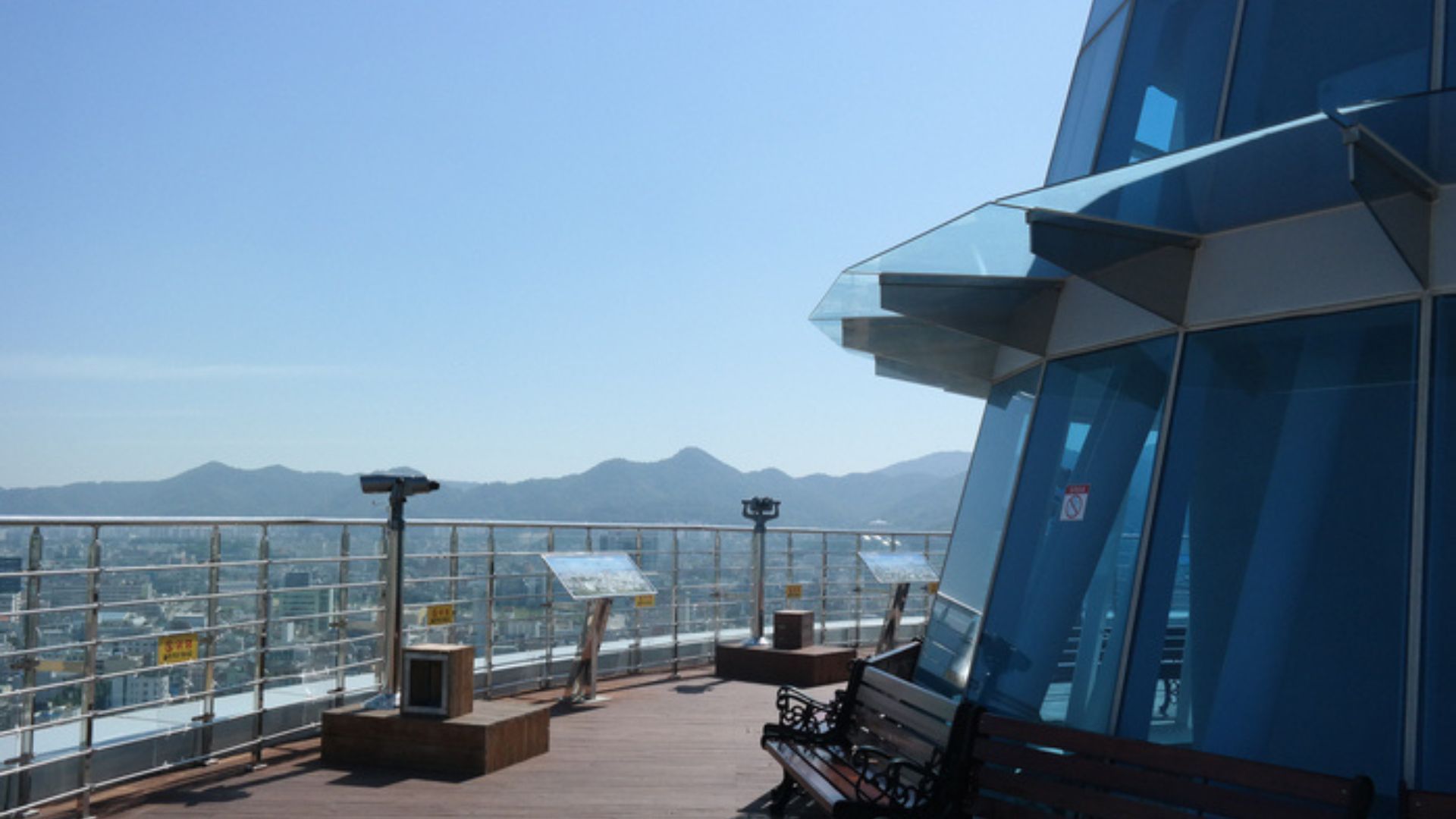
Located within Sajik Park, this observatory offers breathtaking views of the Gwangju cityscape! Head to this spot to witness the most breathtaking sunset in the city. The park is lush with greenery and makes for a great picnic spot in the city.
Address: 49 Sajik-gil, Nam-gu, Kwangju, South Korea.
Timings: 9 am to 9/10 pm.
Shop at the Yangdong market
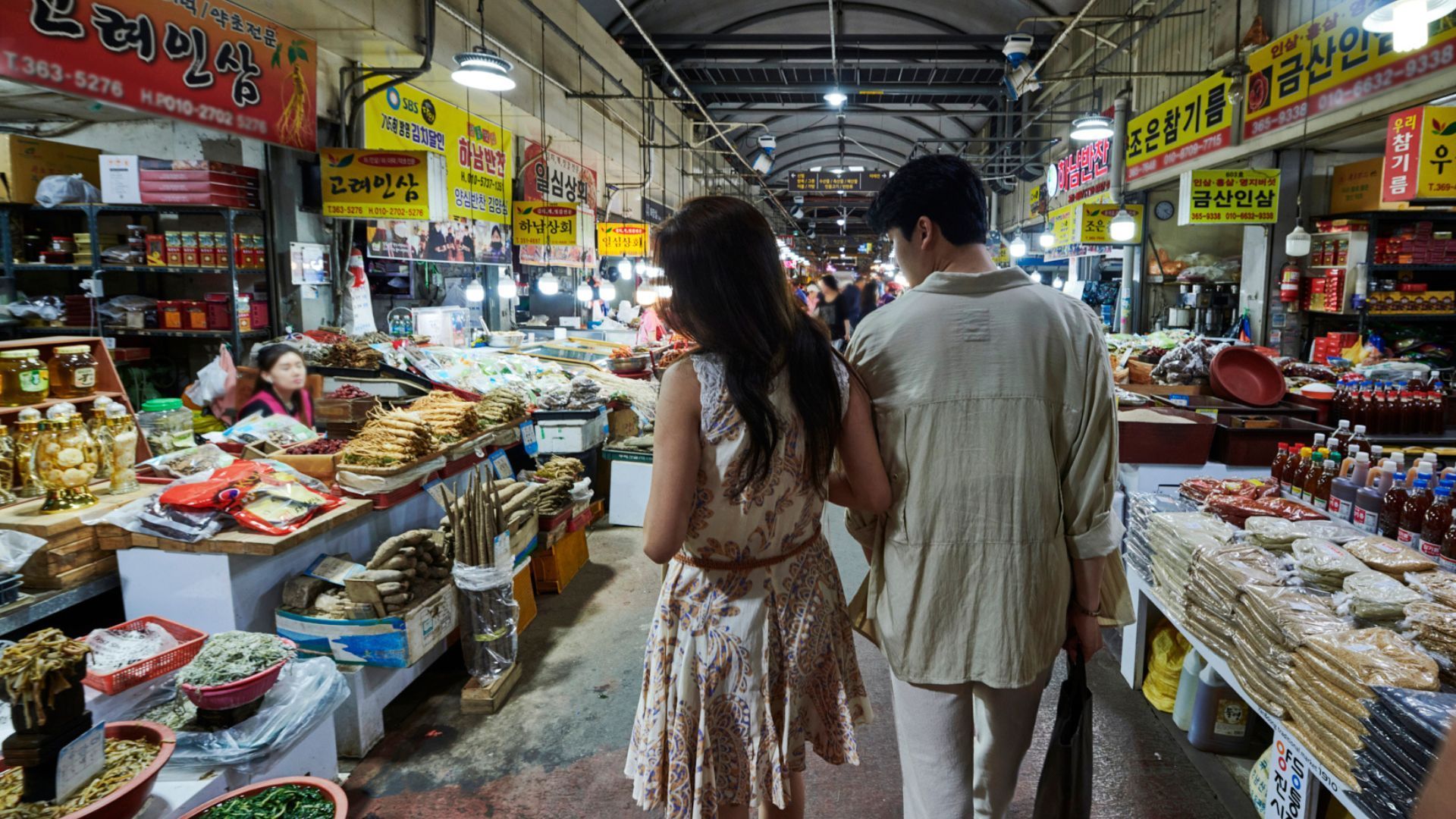
Embrace the people and culture of Gwangju by exploring the Yangdong market, the oldest traditional shopping place in the city and a hub for produce, food and all other essentials for locals. Indulge in the Korean street food along its many food stalls or learn about its historical significance with respect to Gwangju’s history.
Address: 238 Cheonbyeonjwa-ro, Seo-gu, Gwangju, South Korea
Timings: 3 am to 9pm.
(Feature image credit: J-Hope/Instagram)
This article first appeared here.


